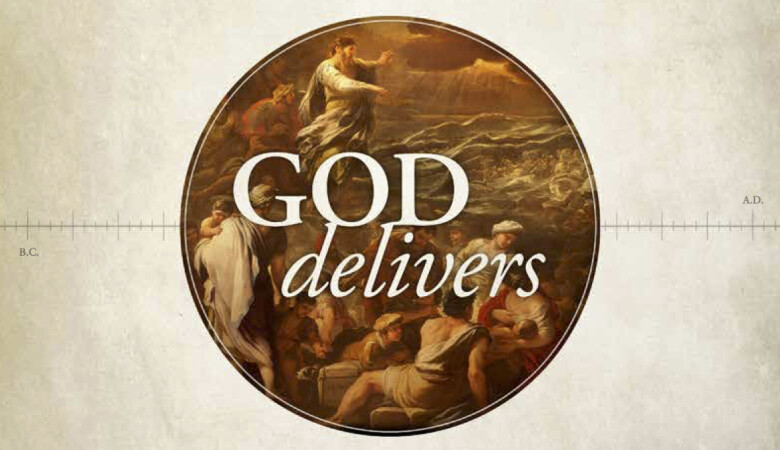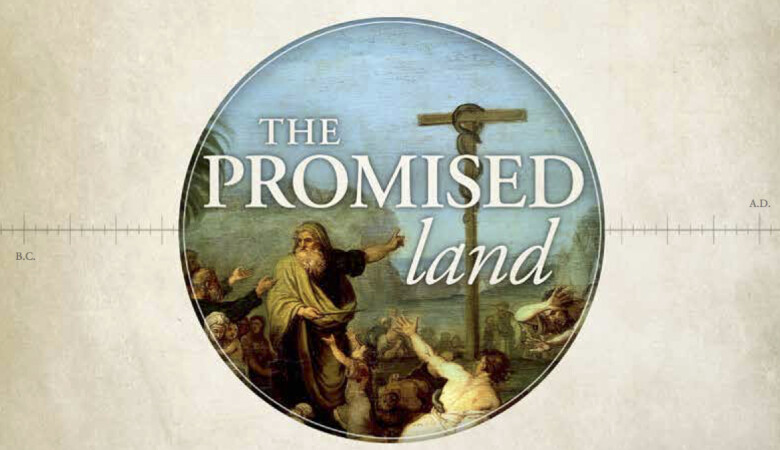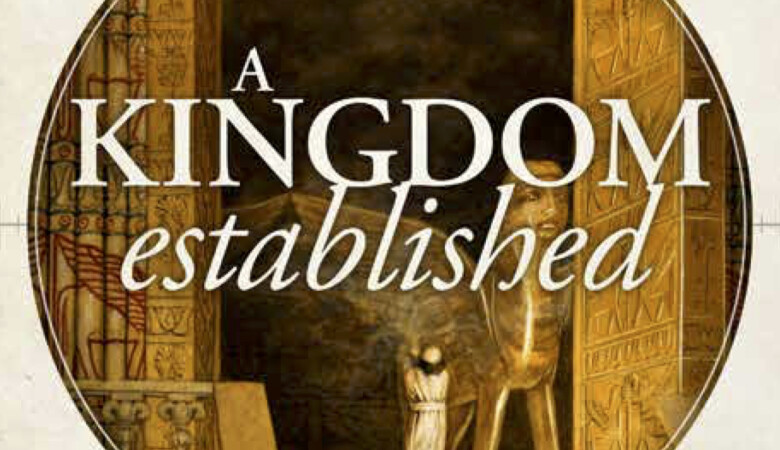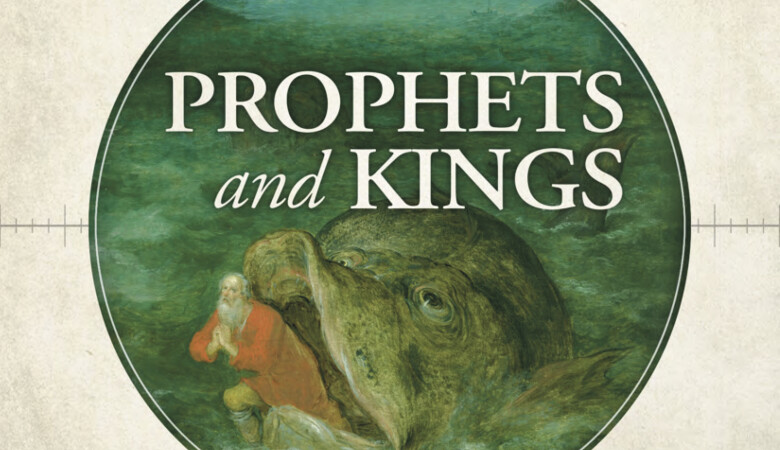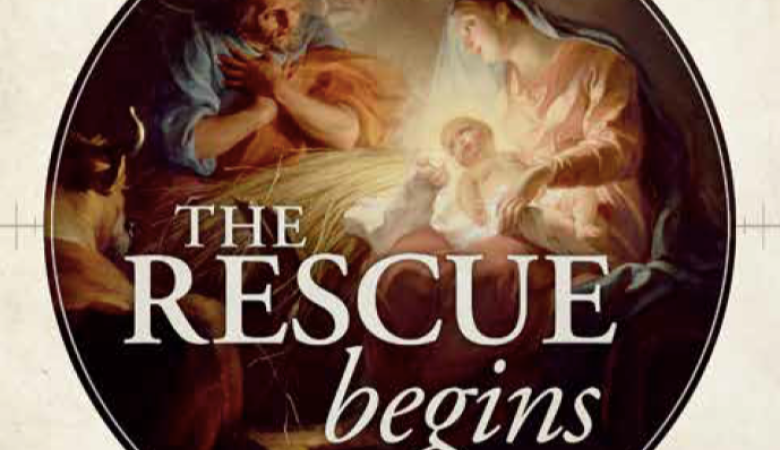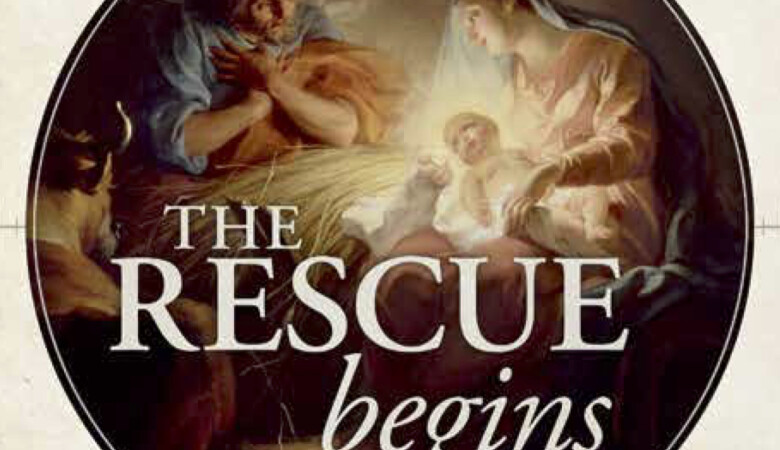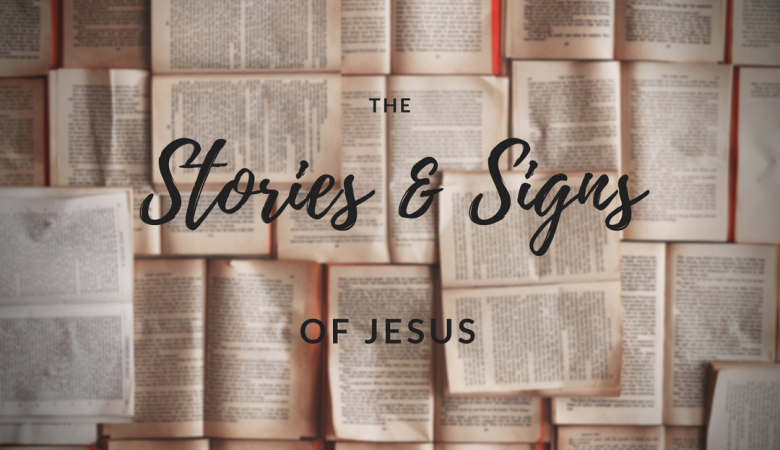The Story Begins: Human Rebellion
October 02, 2016 | Todd Cyphers
Genesis 3:1-24
The Story Begins: Human Rebellion
Genesis 3:1-24
D. A. Carson - “A lot of people think that ‘sin’ is: just breaking a rule. What is at stake here is something deeper, bigger, sadder, uglier, more heinous. It is a revolution. It makes me god and thus de-gods God.”
Isaiah 1:2 - “The children I have nurtured and brought up…they have rebelled against me.”
Dawson Trotman - “I kept repeating the same sins until God finally got me to the place where I could honestly admit that I loved my sin and rebellion more than God.”
1. Rebellion leads us to distrust the goodness of God’s Word. (Gen. 3:1-7)
1 John 2:16 - “For everything in the world--the lust of the flesh, the lust of the eyes, and the pride of life--comes not from the Father, but from the world.”
I. God’s Word is open for debate.
ii. God’s Word can be bent.
iii. God is restrictive.
iv. God will not hold me accountable for my decisions.
2. Rebellion ruptures our relationships with God and others. (3:7-15)
Death
Religious Performance
Unbelief
Hiding
Fear
Blame
Sinful Anger
Guilt
Shame
Relational Tug of War
3. Human rebellion results in the shattering of God’s good world. (Gen 3:16-24)
Colossians 1:20 - “Through Christ God was reconciling to Himself all things, whether on earth or in heaven, making peace by the blood of His cross.”
Faith Sheet
Series Memory Verse - Genesis 1:26-27 Then God said, “Let Us make man in Our image, according to Our likeness; and let them rule over the fish of the sea and over the birds of the sky and over the cattle and over all the earth, and over every creeping thing that creeps on the earth.” God created man in His own image, in the image of God He created him; male and female He created them.
Reviewing This Past Sunday
The Story Begins: Human Rebellion
Genesis 3:1-24
1. Read Genesis 3:1-24. Define sin and how does it differ from a mistake?
2. What motivated your final obedience or disobedience the last time you had to choose?
3. Have you ever heard a whining child say to a parent, “You never give me anything!”? In what ways might this statement reflect the serpent’s line of attack in the Garden of Eden?
4. What happens when we see God more in light of His prohibitions than the freedom He offers?
5. Are you more likely to see your sin as a mistake or as an act of rebellion? What is the difference and how does it impact our lives and relationships?
6. How has sin affected the different spheres of society: family, government, church, the environment?
7. How can we as Christians battle the effects of sin in these spheres?
8. When have you felt like the world is in some sense “against you”? What do you do about your feelings and thoughts?
9. Do you see God as good and His promises as true when tempted, when going through continual struggles and when you are not getting what you desire or believe you deserve?
10. What are some ways we hide from God, ways we invent to cover our sense of guilt and shame?
11. What are signs that our relationship with God and also others has been fractured?
Paul David Tripp - “Sin lives in a costume; that’s why it’s so hard to recognize. The fact that sin looks so good is one of the things that make it so bad. In order for it to do its evil work, it must present itself as something that is anything but evil. Life in a fallen world is like attending the ultimate masquerade party. Impatient yelling wears the costume of a zeal for truth. Lust can masquerade as a love for beauty. Gossip does its evil work by living in the costume of concern and prayer. Craving for power and control wears the mask of biblical leadership. Fear of man gets dressed up as a servant heart. The pride of always being right masquerades as a love for biblical wisdom. Evil simply doesn’t present itself as evil, which is part of its draw. You’ll never understand sin’s sleight of hand until you acknowledge that the DNA of sin is deception. Now, what this means personally is that as sinners we are all very committed and gifted self-swindlers…We’re all too skilled at looking at our own wrong and seeing good.”
Preparing for Next Sunday
The Story Begins: The Spread of Sin
Genesis 4:1-16, 25-26
1. Read the passage and ask the Lord to reveal Himself and His truth. (Genesis 4:1-16, 25-26)
2. HIGHLIGHT a verse or truth that stands out to you and write it out.
3. EXPLAIN the text in your own words to make sure you see the big picture of God’s Story. (Who wrote it & why was it written? To whom it was written? What is the context? How does the text point to the Father, Son or Spirit? What is the text telling us about our new identity as believers in Christ or what we are to be doing?)
4. APPLY a truth from the text to your own life. (Focus on what God is saying to you and what is your act of obedience, confession, praise, going forward, giving thanks, etc.)
5. RESPOND in prayer and go apply what God reveals to you from the Scriptures.

